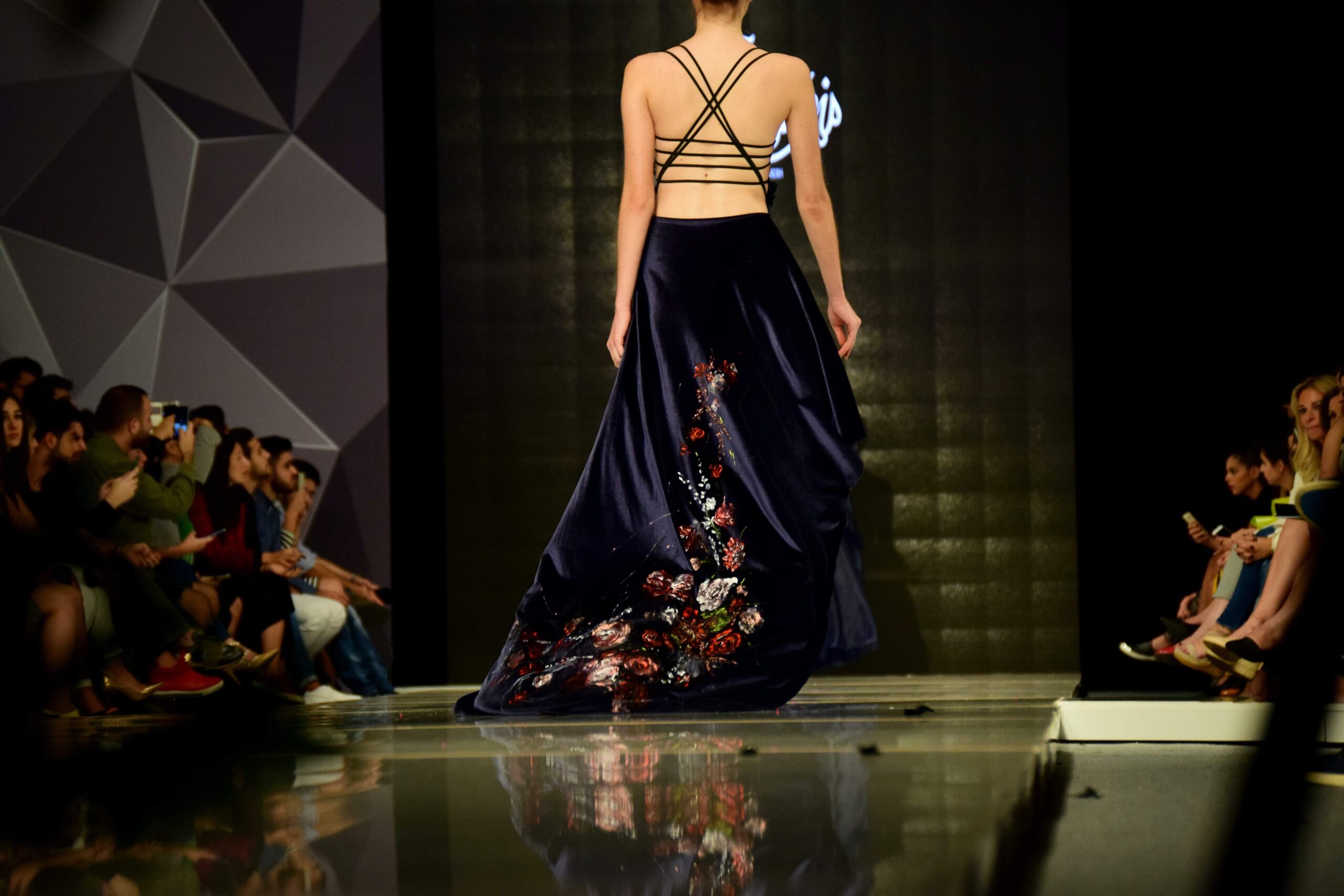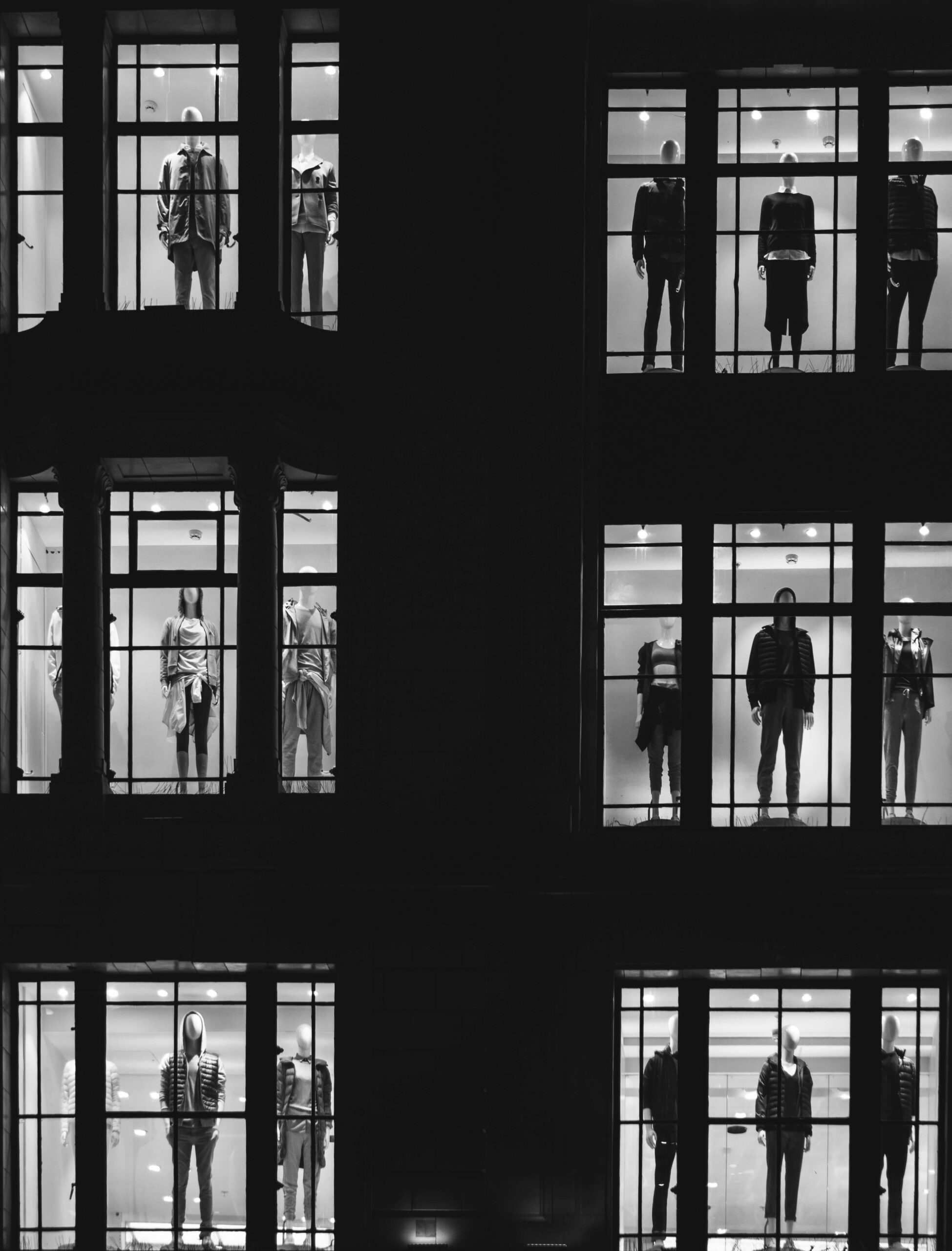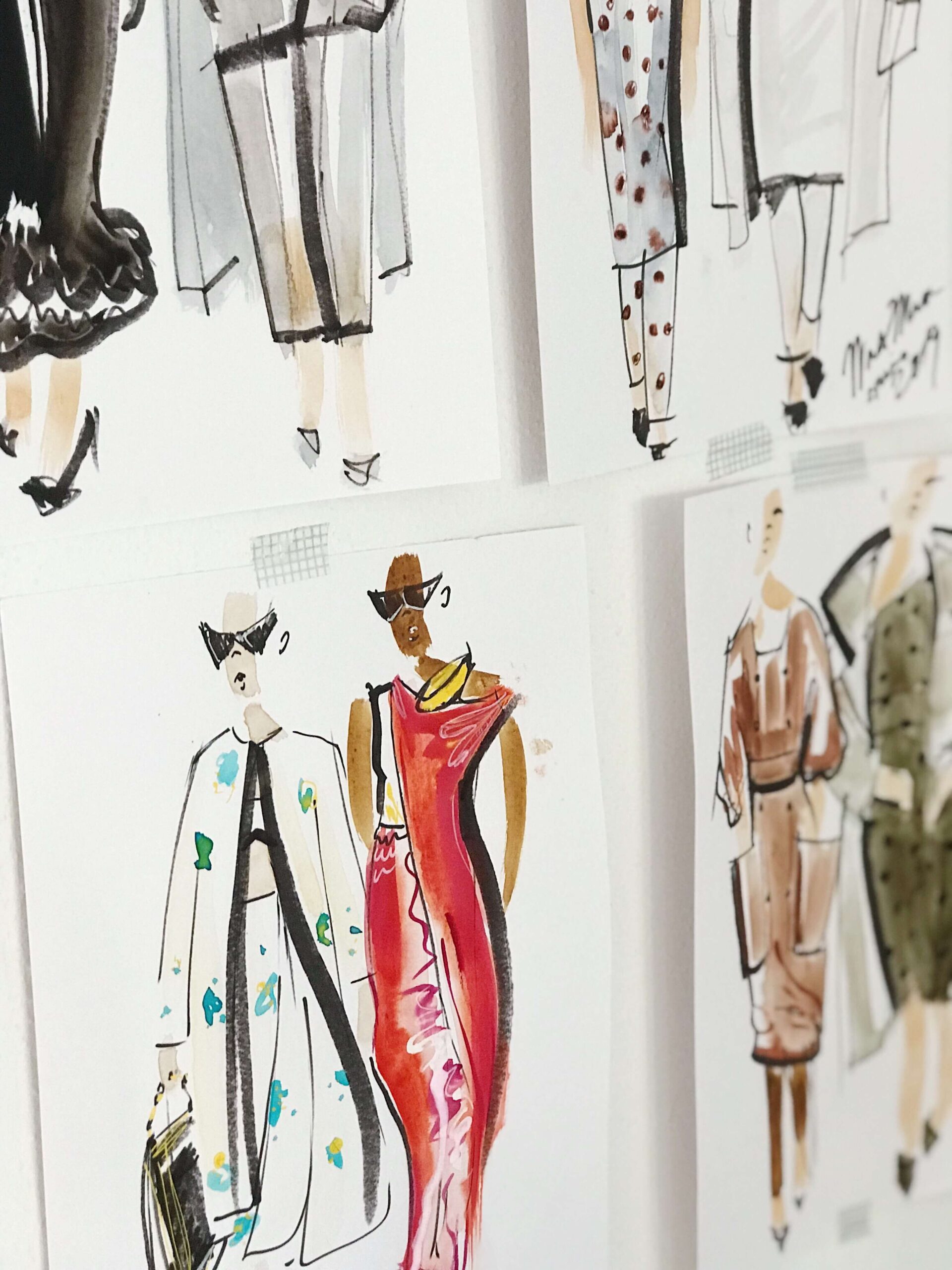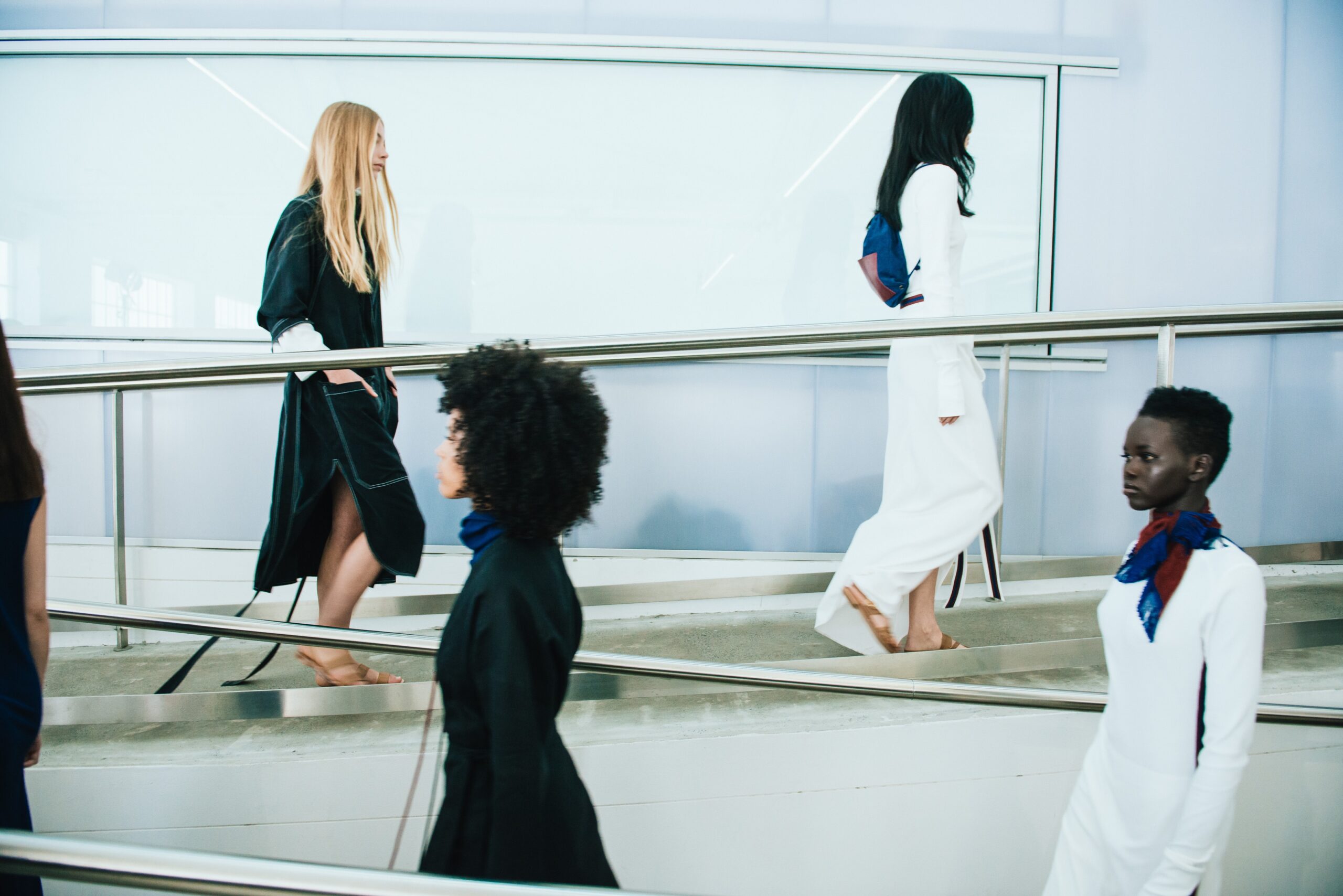Digital fashion is just one of many tech innovations to emerge over the course of the pandemic. Although unlikely to replace physical clothing, digitizing the world’s top designers so that anyone, anywhere can experiment with their avatar’s virtual wardrobe through the metaverse has generated serious ‘techcitement’ across the globe. Kitting a graphic version of yourself out in the latest must-have items looks set to stay as the metaverse gradually becomes a prominent part of our future. In case you have been living under a rock, the metaverse is the internet brought to life, in an almost 3D format. Users can access the metaverse through smartphone apps, augmented reality glasses, headsets and more.
Safe to say COVID has driven demand for immersive technology and reshaped the retail industry. There are two forms of metaverse fashion, which became an overnight trend as countries across the globe dipped in and out of the lockdown paint pot. The first, is fully digital, where clothing can be sold directly to an avatar. The second, where clothing can be worn using augmented and virtual reality.
Demand for digital clothing, otherwise known as “skins” in the metaverse has boomed since Facebook’s rebrand as Meta Platforms Inc. in October. Such digital outfits are being sought and bought to enable people to express themselves in a digital world where they can speak with one another as if in a physical space. With more people now interacting virtually than in real life, metaverse lovers have realized an inherent need to focus on the latest, greatest digital fashion trends.
According to a recent report from US Financial Services company, Morgan Stanley, digital fashion could result in up to 50 billion dollars in additional revenues for the industry by 2030. In addition to this, figures from one of the world’s most successful metaverse creators, Roblox reveals that in 2021 alone, over 5.8 billion free and paid for virtual items were acquired by metaverse users, with over 165 billion avatar updates performed – that’s a lot of outfits!
When it comes to fashion most sales through the metaverse are made through NFTs (non-fungible tokens) with top brands and lesser knowns listing their creations on marketplaces in exchange for physical assets. NFTs are stored in a blockchain and allow metaverse buyers to purchase, sell or trade live items.
Immersive tech has led the shift from traditional to digital fashion shows, with the first-ever ‘Metaverse Fashion Week’ event launching next month. Set to be powered by platform Decentraland, it takes place from the 24th-27th March, promising virtual catwalks and after parties. It will also showcase cutting edge trends for online avatars, all of which can be experienced from the comfort of your own home.
With London Fashion Week swiftly approaching (18th-22nd February) in hybrid form, we take a look at some of the biggest brands who have embraced virtual worlds and invested in meta fashions.




Ralph Lauren
Ralph Lauren is one of the biggest brands to delve headfirst into the metaverse with fashion chiefs claiming it will help connect them with the next generation of tech savvy shoppers. Such is their confidence in virtual sales that fashionista’s can pay a visit to the company’s flagship Madison Avenue store in New York, sip meta coffees and buy digital apparel. Ralph Lauren are reportedly using metaverse platform Zepetto (which enables you to create a 3D animated version of yourself to use in-app chat rooms) and gaming site Roblox to empower avid shoppers to dress their avatars in their latest designs. Such is the desire to clothe virtual versions of ourselves that, speaking at NRF 2022, Ralph Lauren President and CEO Patrice Louvet even joked “you wouldn’t want your avatar running around naked.”
Gucci
Gucci made its first foray into the metaverse in May 2021, through its unique ‘Gucci Garden’ powered by Roblox. It’s reported the virtual venture was so successful that Gucci even managed to sell a single bag for more than four thousand dollars. The designer giant more recently launched Vault, a digital concept store. This unique venture entailed a partnership with Zepetto which enables Gucci fans to meet each other and purchase the latest digital fashions though ‘Zepetto World’.
Nike
Sportswear giant Nike is another fashion retailer jumping on the metaverse bandwagon. The brand recently announced the acquisition of RTFKT Studios before Christmas. So successful was the launch that the brand claimed its virtual ‘fewo’ sneakers sold out in just seven minutes, generating over three million dollars in revenue. RTFKT Studios uses blockchain, NFTs and AR and game engines to power its virtual fashion studios. It’s reported Nike is now looking to recruit a host of metaverse specialists to help power it’s metasales further.
Balenciaga
Luxury Spanish brand Balenciaga is another label famous for its sudden burst onto the virtual fashion world scene. Last September it teamed up with Epic Games, designing four virtual outfits and a host of accessories for avatars which were available to purchase through the ‘Fortnite’ game. It now has its own metaverse business division. It’s currently estimated there are around 100 developers working on growing the brand’s metaverse venture.
H&M
It’s not just luxury brands who are investing in digital fashion, high street retailer H&M is also rumoured to be in talks with CEEK, a metaverse coin project. In January CEEK claimed to have presented the metaverse and virtual store concept to H&M. While discussions are being held, the low cost retailers foray into an alternate world has yet to be confirmed. Whatever you do – watch this space!



